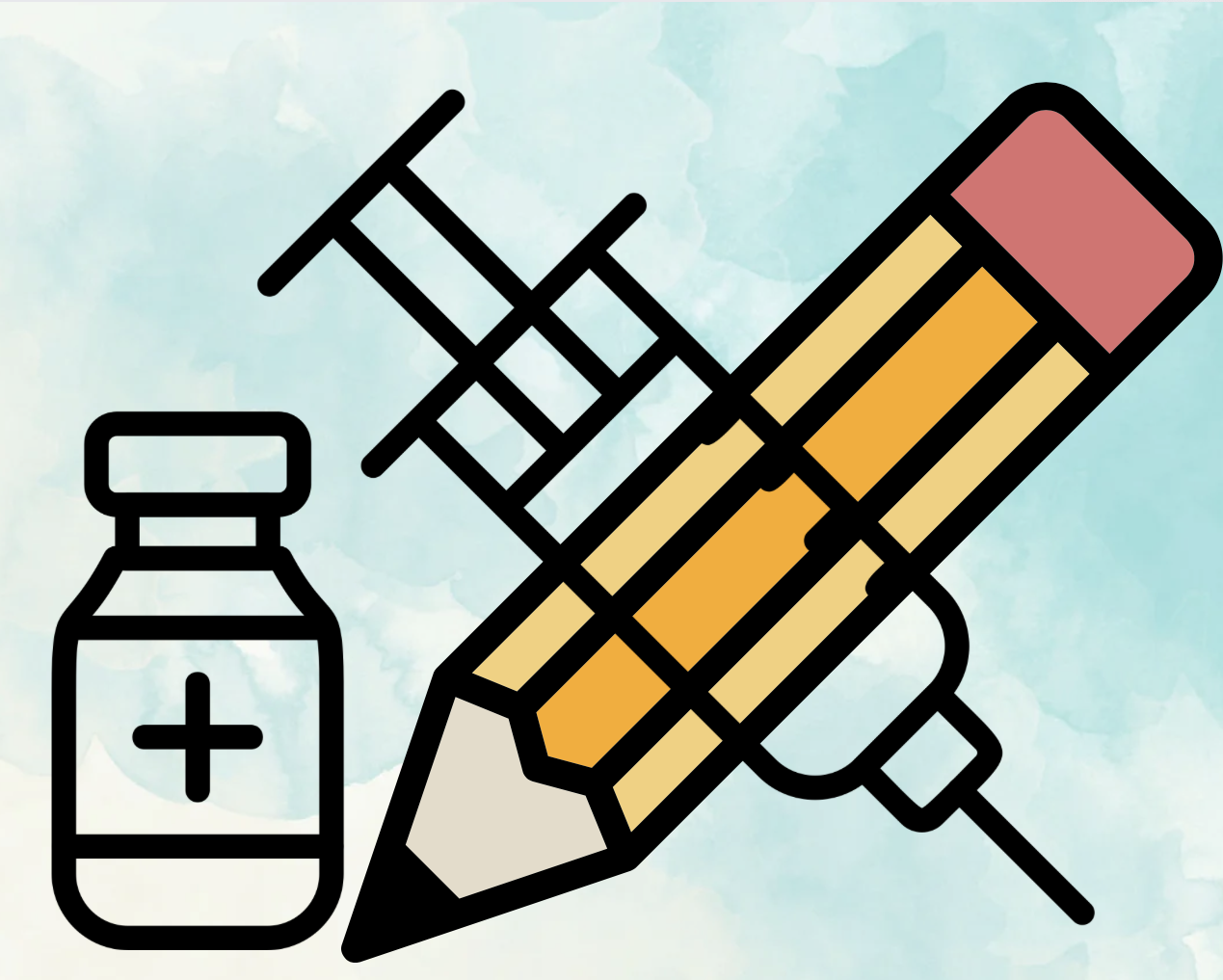
There are many people that need to know that you have Type One Diabetes. You can simply tell them that you have T1D and walk away, or you can elaborate. Varied information needs to be shared depending on the circumstance and the person. For example, your grandmother will need different knowledge about diabetes than your soccer coach will. You should strive to tell every person that you interact with on a regular basis like friends, family, doctors, etc.
The first component to take into consideration is who you need to inform about your diabetes. Your teachers, boss, coworkers, family members, babysitters, coaches, and anyone else who needs to be aware of T1D management. It may seem overwhelming at first, but once you tell someone that you have Type One Diabetes, they can give you the support and help that you need. Anyone who you are around regularly should be told that you have T1D after your diagnosis for your safety and health. This way, whether your blood sugars are high, or you need to be injected with Glucagon, you can get the help that you need.
You may be asking why it is vital to tell others about you or your child’s condition. This is for your health and safety. When others around you know that you have Type One Diabetes they can get you the help that you need, whether that is extra time to dose, letting you sit out to check your blood sugars, or letting you take time off work for diabetes related appointments. Advocating for yourself and your autoimmune condition can help you to continue doing the things you love while still being aware of your health.
Various individuals should be presented with more information than others. Your family members should be instructed on many fronts form insulin to carbs and blood glucose because they will likely be around you or your Type One Diabetic child often. Teachers should be asked for permission to leave class early to dose for lunch, or to have your CGM receiver out in class. If you play sports, you or your child’s coach should be informed that the diabetic will often check blood sugars and may need to sit out during highs and lows.
When you are sharing diabetes information, I would recommend thinking about your audience. Some people may need more information than others, while with some, you may even want to go to such extent to teach them how to do a Glucagon or insulin injection. It is ideal to have a basic definition of Type One Diabetes, just adding additional information for various people.

Leave a comment